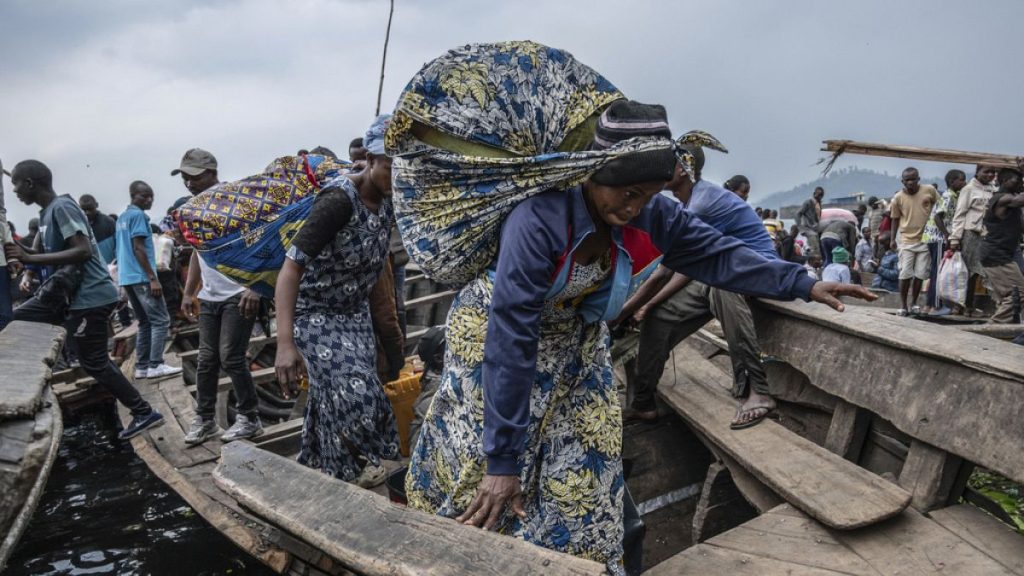The Democratic Republic of Congo (DRC), particularly its eastern region, has been embroiled in a protracted and devastating conflict for decades. This complex and multifaceted conflict involves a multitude of actors, including various armed groups, government forces, and external influences, vying for control of the region’s vast natural resources, particularly minerals like coltan, tin, tungsten, and gold. These minerals are essential for the global electronics industry, fueling the demand and consequently the conflict in the DRC.
The recent intensification of fighting between the M23 rebel group and the Congolese army has further destabilized the region, causing immense suffering for the civilian population. The M23, also known as the “March 23 Movement,” is a predominantly Tutsi rebel group that emerged in 2012, initially claiming to protect the Tutsi population against persecution. However, the group has been accused of committing numerous human rights violations, including massacres, rape, and recruitment of child soldiers. Their resurgence in recent years has led to renewed clashes with the Congolese army (FARDC), displacing thousands and exacerbating the already dire humanitarian situation.
The ongoing conflict has had a catastrophic impact on civilians, forcing them to flee their homes and seek refuge in overcrowded displacement camps. The recent fighting near Goma, the capital of North Kivu province, has resulted in the displacement of thousands more, including those who had previously sought refuge in the Nzulo camp for internally displaced persons (IDPs). These camps often lack basic necessities like food, water, sanitation, and healthcare, making the displaced populations extremely vulnerable to disease outbreaks and malnutrition.
The humanitarian crisis in eastern DRC is further compounded by the region’s challenging geographical terrain, limited infrastructure, and the presence of multiple armed groups, which hinders access for humanitarian organizations. The ongoing violence disrupts aid delivery, making it difficult to reach those in need and provide essential assistance. The already fragile health system is overwhelmed by the influx of displaced people, and the lack of adequate resources further exacerbates the suffering.
The international community has repeatedly called for an end to the violence and urged all parties to engage in dialogue to find a peaceful resolution. Various peace initiatives and agreements have been attempted over the years, but they have largely failed to bring about lasting stability. The continued presence of armed groups, fueled by the lucrative mineral trade and regional political dynamics, remains a significant obstacle to peace. Neighboring countries have also been accused of supporting various armed groups, further complicating the situation.
The ongoing conflict in eastern DRC underscores the urgent need for a comprehensive and sustained approach to address the root causes of the conflict. This involves not only addressing the immediate humanitarian needs but also tackling the underlying issues of governance, security sector reform, and economic development. Holding perpetrators of human rights abuses accountable is crucial to deter future violence and ensure justice for the victims. The international community needs to play a more active role in supporting the DRC government’s efforts to stabilize the region and bring an end to the cycle of violence that has plagued the country for far too long. A lasting solution requires a concerted effort from all stakeholders, including regional governments, international organizations, and the Congolese people themselves, to build a more peaceful and prosperous future.














